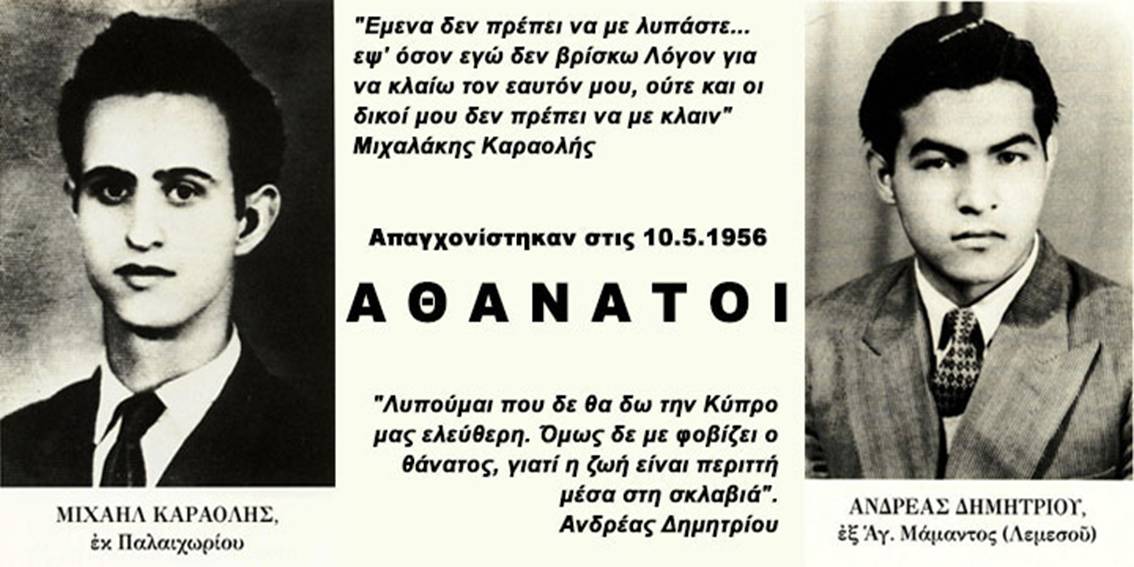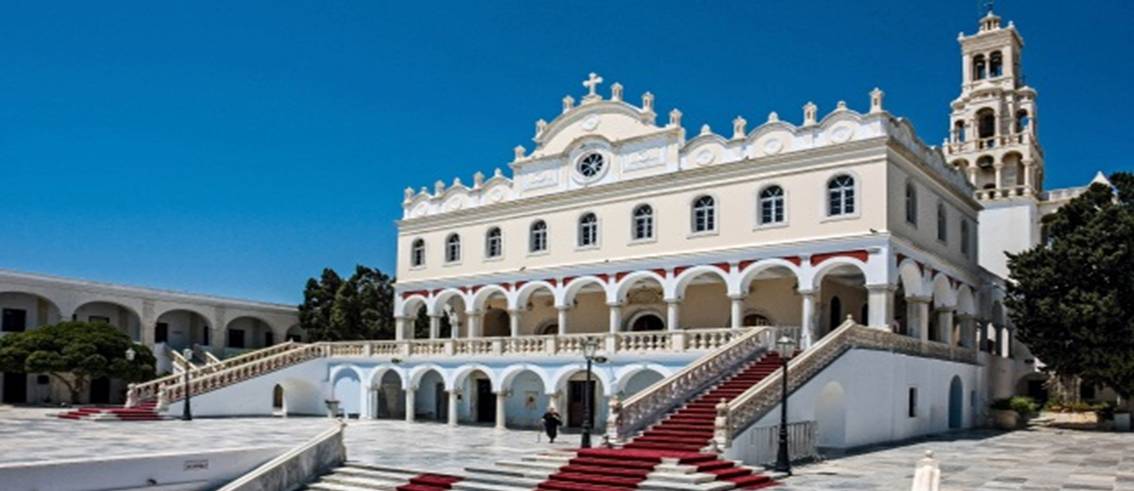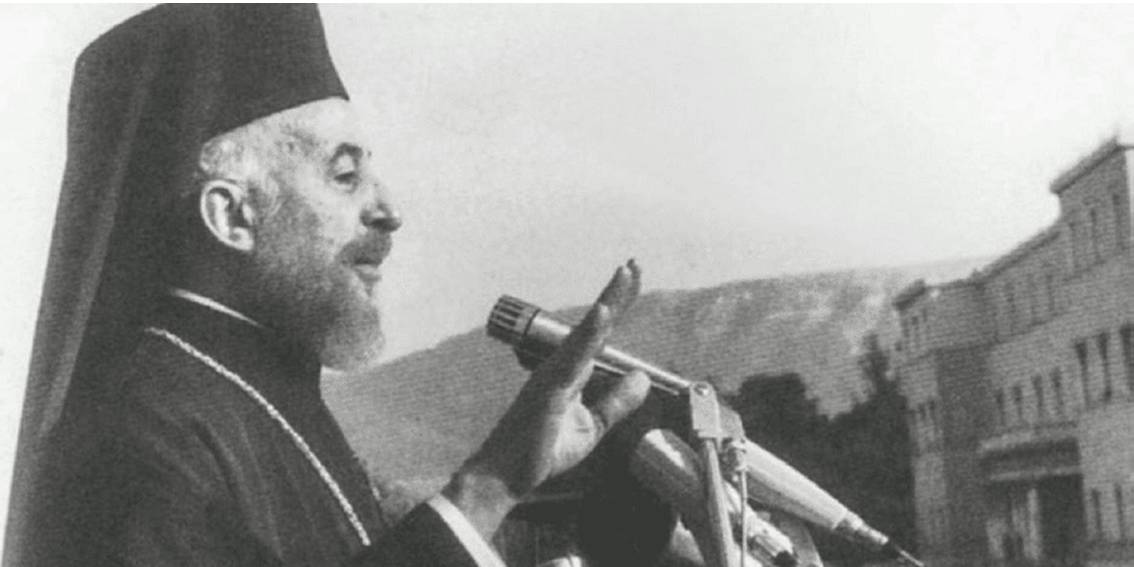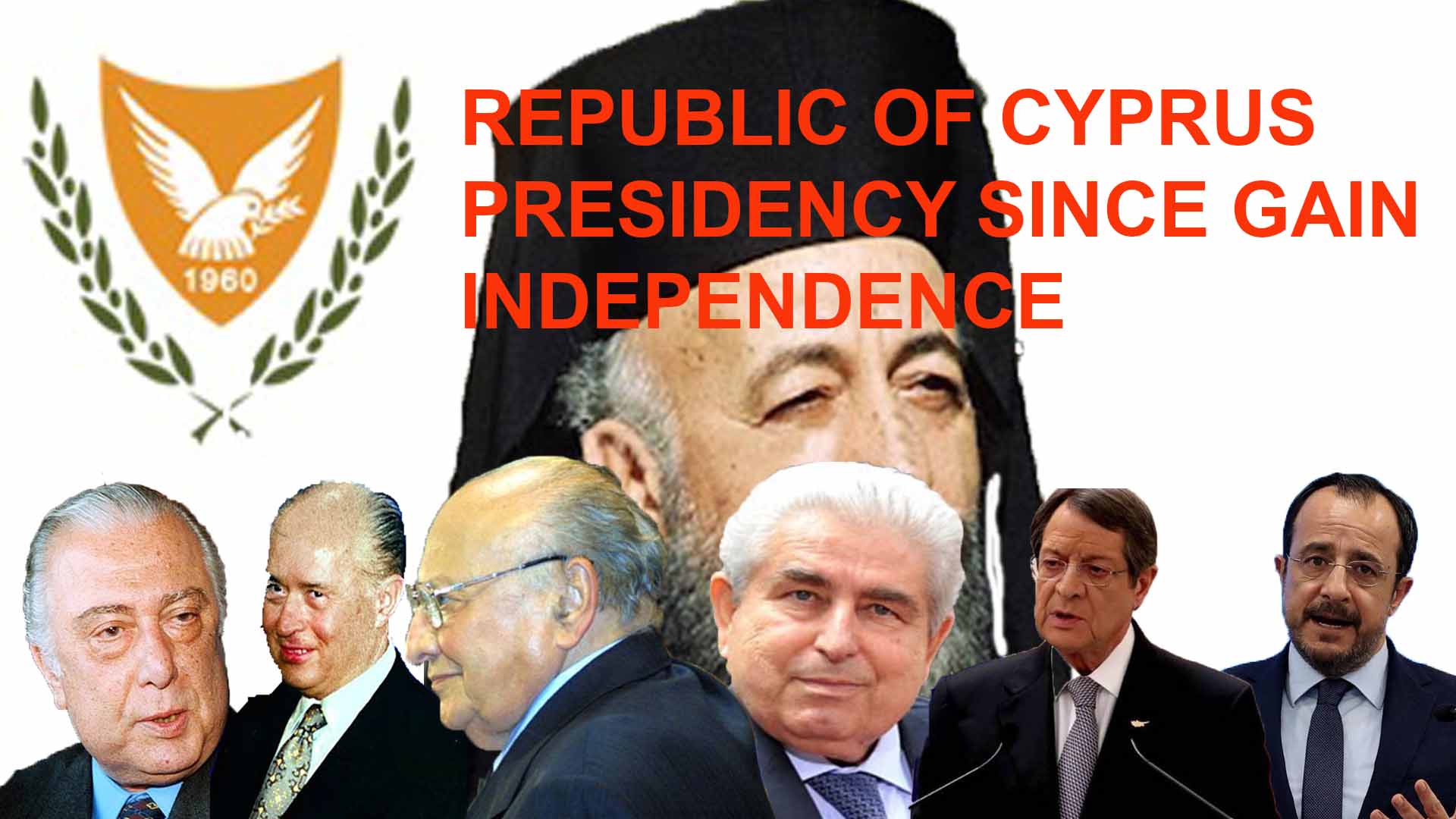Early Life
Michalis Karaolis was born in 1933 in the village of Palechori Oreinis of Pitsilia, Cyprus. He grew up during British colonial rule. From a young age, he witnessed the struggles of Cypriots fighting for independence. He was the first to be sentenced to death.
He was a member of EOKA long before 1955 in a group headed by Polycarpos Giorkatzis. On 28 August 1955, he carried out the public execution of P.C. Michael Poullis, a Cypriot police officer, of the Special Branch who had been spying on the Nicosia groups of EOKA and interfering with their work. The assassination was carried out in broad daylight whilst P.C. Poullis was on duty at an AKEL meeting at the Ledra Palace.
Involvement in EOKA
In the 1950s, Karaolis joined EOKA (National Organization of Cypriot Fighters). EOKA aimed to end British rule and unite Cyprus with Greece (Enosis). Karaolis became an active member, participating in protests and guerrilla attacks.
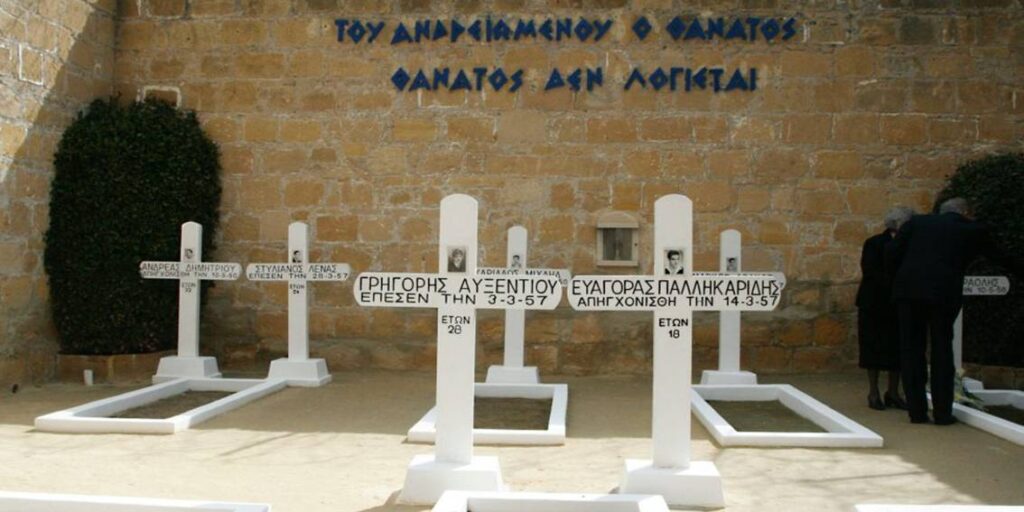
Arrest and Failed Escape Attempts
British authorities captured Karaolis in 1955 while he was traveling to meet Grigoris Afxentiou’s guerrillas in the Troodos Mountains. They imprisoned him in Nicosia’s Central Prison. Fellow EOKA fighters tried to free him before his execution, but all attempts failed.
Trial and Execution
A British military court convicted Karaolis of killing Police Constable Poullis and sentenced him to death by hanging. Despite international pleas for clemency, the British carried out the execution on May 10, 1956, in Nicosia Central Prison.
Heroic Defiance at the Gallows
Karaolis and fellow fighter Andreas Dimitriou faced the gallows with unshaken courage. Their bravery elevated EOKA’s prestige and inspired other fighters. British Governor John Harding ordered their executions to crush Cypriot resistance, but instead, their martyrdom intensified the independence movement.
Role in Cyprus’ Independence Struggle
Karaolis’ execution deepened Cypriot hatred for British rule. His death turned him into a national martyr, strengthening EOKA’s resolve. The uprising gained momentum, ultimately leading to Cyprus’ independence in 1960.
Legacy
Cyprus honors Karaolis as a national hero. Streets, schools, and monuments bear his name. Every year, Cypriots commemorate his sacrifice on the anniversary of his execution. His courage remains a symbol of resistance and patriotism.
Conclusion
Michalis Karaolis gave his life for Cyprus’ freedom. His defiance and sacrifice played a crucial role in ending British rule. Today, his legacy continues to inspire pride in Cypriot history.
You May Also Like This
Grigoris Afxentiou: Second in Command of E.O.K.A: https://anatolikilemesou.com/?p=6647

